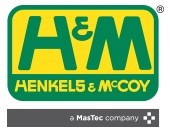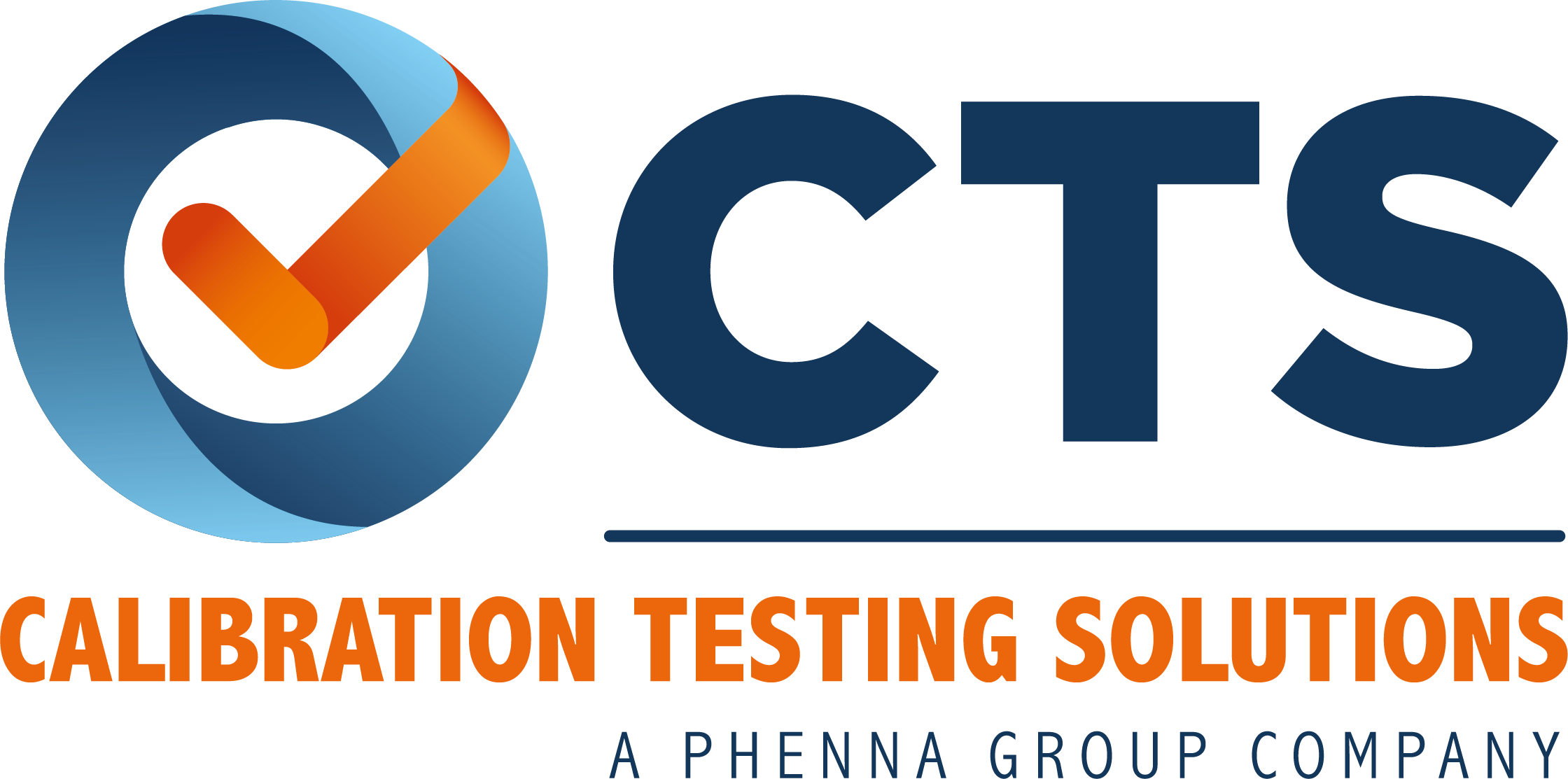Title Page
-
Prepared by
-
Prepared by phone number
-
BU#
-
Project Name
-
Date & Time of Incident
-
Company Involved
-
Location of Incident
Incident Information
-
INCIDENTS TO BE REPORTED:
• Oil, hydraulic fluid, diesel, gasoline, glycol, pipeline liquids and any other material
spills (regardless of quantity).
• Releases from damaged utilities (sewer, water, etc.).
• Mercury release: mercury regulators or mercury lamp cleanup.
• Drilling mud: inadvertent release (regardless of location, within waterbody, upland or within
permitted ROW).
• Mercaptan/odorant release.
• Notice of violation received.
• Citation or non-compliance received.
• Damage to pipes that carry potentially reportable fluids (even if no immediate spill is
occurring).
• Notify Environmental Field Support prior to communication with Environmental Agency.
• Notify of any unscheduled environmental agency inspections.
• Notify if any erosion control measures have been breached resulting in silt outside the
permitted allowed boundary.
• Notify of any gas released (including planned or unplanned blow-downs.
• Spill or release of regulated chemicals, herbicides, or pesticides.
• Project shutdown due to weather related events, such as flooding of the project site or
laydown yard, tornado damage.
• Unpermitted activities that cause impacts to wetlands, waterbodies or waterways.
• Unanticipated discovery of contaminated soils, water or other fluids during excavation. -
Incident Classification (check all that apply)
- Spill, Leakage, Containment Breach
- Controlled/Uncontrolled Storm Water Discharge
- Excessive Noise, Dust, Fugitive Emissions
- Waste Management/Disposal Issue
- Inadvertent Returns on HDD or Bore
- Wetland Impact or Waterway Resource Impact
- Cultural, Archaeological, Heritage Impact
- Trespass/ROW Issue
- Landowner Complaint
- Access Road, Public Road or Driveway Issue
- Storm Damage Incident
- Vegetation Disturbance/Damage
- Discovery of Contaminated Soil/Water
- Wildlife or Protected Species Impact
-
Was an agency notification or inspection made?
-
Name of agency that was contacted?
-
Did the incident result in a NOV or other enforcement action?
-
Were photos or samples taken?
-
Types of material(s) released or spilled:
-
Quantity
-
Has it been contained?
-
Is Environmental Management assistance needed?
-
Has an evacuation occurred?
-
Who has been contacted as a result of incident?
-
Description of Incident:
-
Corrective actions taken to contain/manage incident:












